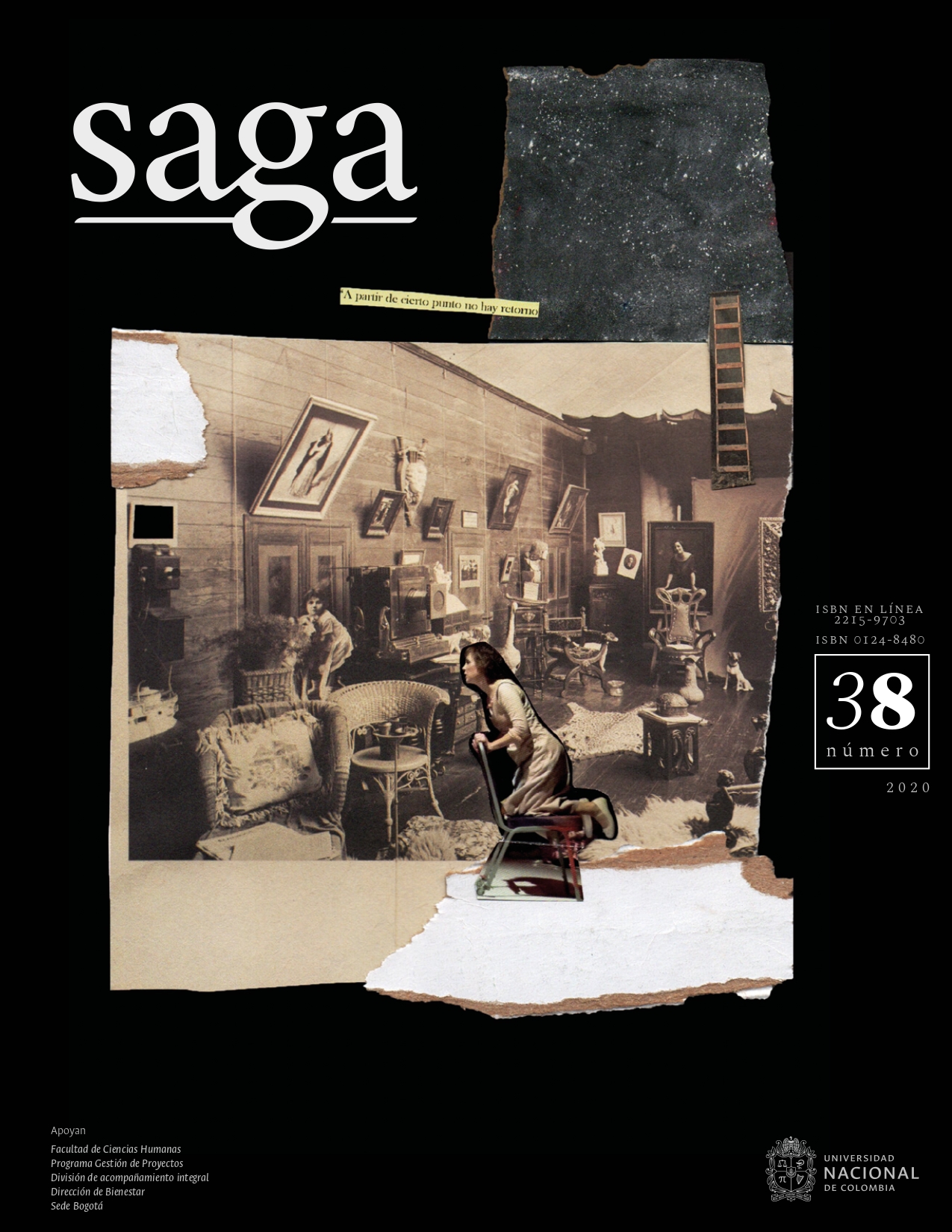La lucha de las voces: entre palabras inefables y discursos inaudibles
The struggle of voices: between ineffable words and inaudible speeches
Palabras clave:
Actos de habla, Discurso pornográfico, Libertad de expresión (es)Speech acts, Pornographic speech, Freedom of expression (en)
Descargas
La pornografía entendida como discurso ha sido criticada desde dos frentes principales: se le acusa de la subordinación de las mujeres y del silenciamiento de su discurso. A la luz de la teoría de los actos de habla de Austin, diversas autoras han intentado entender de qué manera la pornografía puede constituir un acto ilocucionario y realizar el tipo de acciones de las que se le acusa. En este sentido, el presente texto tiene como propósito dos objetivos. En primer lugar, se propone explicar por qué el discurso pornográfico tiene u obtiene más autoridad que otro tipo de discursos que versan sobre la misma temática sexual y, consiguientemente, exponer las estrategias a través de las cuales se empodera a los discursos y a sus emisores. En segundo lugar, se propone presentar las razones por las que la libertad de expresión, más allá de ser una simple defensa de la producción y distribución de ideas, debe brindar las oportunidades necesarias para que se dé una pugna justa entre discursos.
As a discourse, pornography has been criticized from two main fronts: it has been accused of subordinating women and silencing their discourse. In the light of Austin ́s theory of speech acts, different authors have attempted to explain how pornography can become an illocutionary act and perform the type of actions of which it has been accused. In this sense, the present text has two purposes. First of all, it intends to illustrate why the pornographic discourse has obtained more authority than other speeches which deal with the same topic and, likewise, to explain the strategies to empower certain types of speeches and their speakers. Secondly, the text aims to consider the reasons why freedom of expression, beyond being a simple defense of the production and distribution of ideas, must provide the necessary opportunities to make a fair battle of discourses.
Referencias
Austin, J. L. How to do things with words. London: Oxford University Press, 1992.
Fricker, M. Epistemic injustice. Power and the ethics of knowing. Oxford; New York: Oxford University Press, 2007.
Hornsby, J. “Disempowered speech.” Philosophical Topics 23.2 (1995): 127-147.
Langton, R. “Speech acts and unspeakable acts.” Philosophy and Public Affairs 22.4 (1993): 305-330.
Langton, R. “How to get a norm from a speech act.” The Amherst Lecture in Philosophy 10 (2015): 1-33.
Langton, R. “The authority of hate speech”. Oxford studies in philosophy of law. Eds. John Gardner, Leslie Green y Brian Leiter. Vol 3. (2018): 123-152.
Maitra, I. “Subordinating Speech”. Speech and harm: Con- troversies over free speech. Eds. Ishani Maitra and Mary Kate McGowan. Oxford: Oxford Scholarship, 2012. 94-120.
McGowan, M. K. “Conversational Exercitives: Something else we do with our words.” Linguistics and Philosophy 27 (2004): 93-111.
West, C. “Words That Silence? Freedom of expression and racist hate speech.” Speech and Harm: Controversies over free speech. Eds. Ishani Maitra and Mary Kate McGowan. Oxford: Oxford Scholarship, 2012. 222-249.
Williams, B. “Veracidad, liberalismo y crítica.” Verdad y veracidad. Una aproximación genealógica. Trads. Alberto Enrique Álvarez y Rocío Orsi. Barcelona: Tusquets Editores, 2002.201-225.
Cómo citar
APA
ACM
ACS
ABNT
Chicago
Harvard
IEEE
MLA
Turabian
Vancouver
Descargar cita
Visitas a la página del resumen del artículo
Descargas
Licencia
Derechos de autor 2022 Saga – Revista de Estudiantes de Filosofía

Esta obra está bajo una licencia internacional Creative Commons Atribución-NoComercial-SinDerivadas 4.0.
Todos los documentos alojados en esta web están protegidos por la licencia CC attribution non commercial no derivatives 4.0 intenational

















